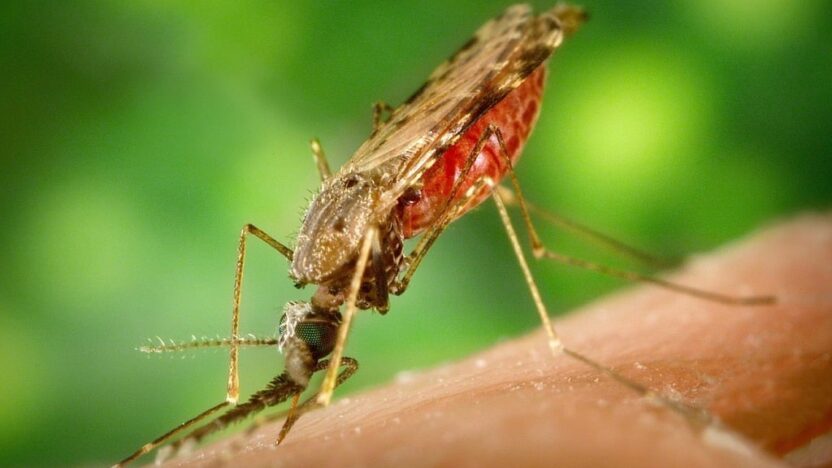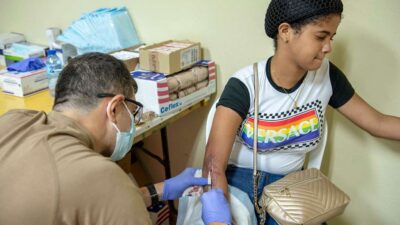Find the best malaria medicine in Pakistan, its availability, cost, and effectiveness. Learn about symptoms, prevention, and the latest treatments.
Malaria Medicine in Pakistan: Best Treatments & Availability
Malaria remains a significant public health challenge in Pakistan, with thousands of reported cases each year. The disease, caused by Plasmodium parasites transmitted through Anopheles mosquito bites, requires prompt diagnosis and treatment to prevent complications. If you are looking for malaria medicine in Pakistan, this guide covers the most effective treatments, availability, and preventive measures to help combat this life-threatening disease.
Understanding Malaria and Its Impact in Pakistan
Malaria is a mosquito-borne disease that primarily affects people in tropical and subtropical regions, including Pakistan. The country experiences seasonal malaria outbreaks, particularly during the monsoon season. Malaria symptoms include fever, chills, headache, muscle pain, and severe complications if left untreated.
Pakistan faces two primary types of malaria: Plasmodium vivax and Plasmodium falciparum infections. The latter is more dangerous and can lead to severe complications.
To control the disease, the Pakistani government, along with international organizations such as the World Health Organization (WHO) and The Global Fund, has launched malaria eradication programs, including the distribution of mosquito nets, awareness campaigns, and the availability of affordable malaria medicines.
Common Malaria Medicines Available in Pakistan
The following malaria medicines are widely available in Pakistan for treatment and prevention:
1. Chloroquine
Chloroquine is commonly used for treating uncomplicated cases of Plasmodium vivax malaria. However, resistance to chloroquine has been reported in some areas, limiting its effectiveness.
2. Artemisinin-based Combination Therapies (ACTs)
ACTs are the most effective treatment for Plasmodium falciparum malaria. Common ACTs available in Pakistan include:
- Artemether-Lumefantrine (Coartem)
- Artesunate + Amodiaquine
- Artesunate + Mefloquine
- Dihydroartemisinin-Piperaquine
These medicines work by rapidly reducing the malaria parasite load in the blood and preventing recurrence.
3. Primaquine
Primaquine is essential for eliminating dormant liver-stage parasites in Plasmodium vivax infections. It helps prevent relapses but should be used cautiously in individuals with G6PD deficiency.
4. Quinine and Mefloquine
For severe malaria cases, intravenous (IV) quinine or artesunate injections are administered in hospitals. Mefloquine is sometimes used for both treatment and prevention in high-risk areas.
Where to Buy Malaria Medicine in Pakistan
Malaria medicine is available in government hospitals, pharmacies, and private clinics. The National Malaria Control Program (NMCP) provides free treatment at designated health centers across the country.
Some well-known pharmacies where you can buy malaria medicine in Pakistan include:
- Servaid Pharmacy (https://www.servaid.com.pk/)
- DVAGO Pharmacy (https://www.dvago.pk/)
- Sehat.pk (https://www.sehat.com.pk/)
It’s always advisable to consult a doctor before purchasing malaria medicine, as self-medication can lead to resistance or incorrect treatment.
Cost of Malaria Medicine in Pakistan
The cost of malaria medicine in Pakistan varies depending on the type of drug and the pharmacy. Here is an approximate price range:
- Chloroquine: PKR 50 – 150 per pack
- Artemether-Lumefantrine (Coartem): PKR 500 – 1000 per course
- Primaquine: PKR 200 – 500 per course
- Artesunate Injection: PKR 1500 – 3000 per vial
Many government hospitals provide free malaria treatment under public health programs, ensuring that even low-income individuals have access to life-saving drugs.
Preventive Measures Against Malaria
Preventing malaria is as crucial as treating it. Here are some effective strategies to reduce the risk of malaria infection:
1. Use Mosquito Nets and Repellents
Sleeping under insecticide-treated nets (ITNs) can significantly lower the risk of mosquito bites. Additionally, using mosquito repellents and wearing full-sleeved clothing at night can help prevent mosquito bites.
2. Eliminate Mosquito Breeding Sites
Malaria-spreading mosquitoes breed in stagnant water. Regularly cleaning drains, covering water storage containers, and spraying insecticides in mosquito-prone areas can help prevent outbreaks.
3. Take Preventive Medicines in High-Risk Areas
If you are traveling to a malaria-endemic region in Pakistan, taking preventive malaria medicine such as Malarone (Atovaquone-Proguanil) or Doxycycline can reduce the risk of infection.
Government and NGO Efforts to Combat Malaria in Pakistan
The Pakistani government, along with organizations like WHO, UNICEF, and The Global Fund, is actively working to control malaria. Some key initiatives include:
- The Malaria Control Program: Provides free medicines and awareness programs.
- Distribution of Mosquito Nets: Ensures high-risk communities have access to ITNs.
- Rapid Diagnostic Testing (RDT) Kits: Increases access to quick malaria diagnosis in remote areas.
For more information, you can visit WHO Pakistan’s website: https://www.who.int/pakistan
Conclusion
Malaria remains a serious health concern in Pakistan, but effective medicines and preventive measures can help control the disease. Artemisinin-based Combination Therapies (ACTs) are the preferred treatment for severe malaria, while Chloroquine and Primaquine are commonly used for Plasmodium vivax infections.
With proper diagnosis, early treatment, and preventive actions, malaria cases in Pakistan can be significantly reduced. If you suspect malaria symptoms, seek medical attention immediately and use prescribed malaria medicines for effective recovery.




